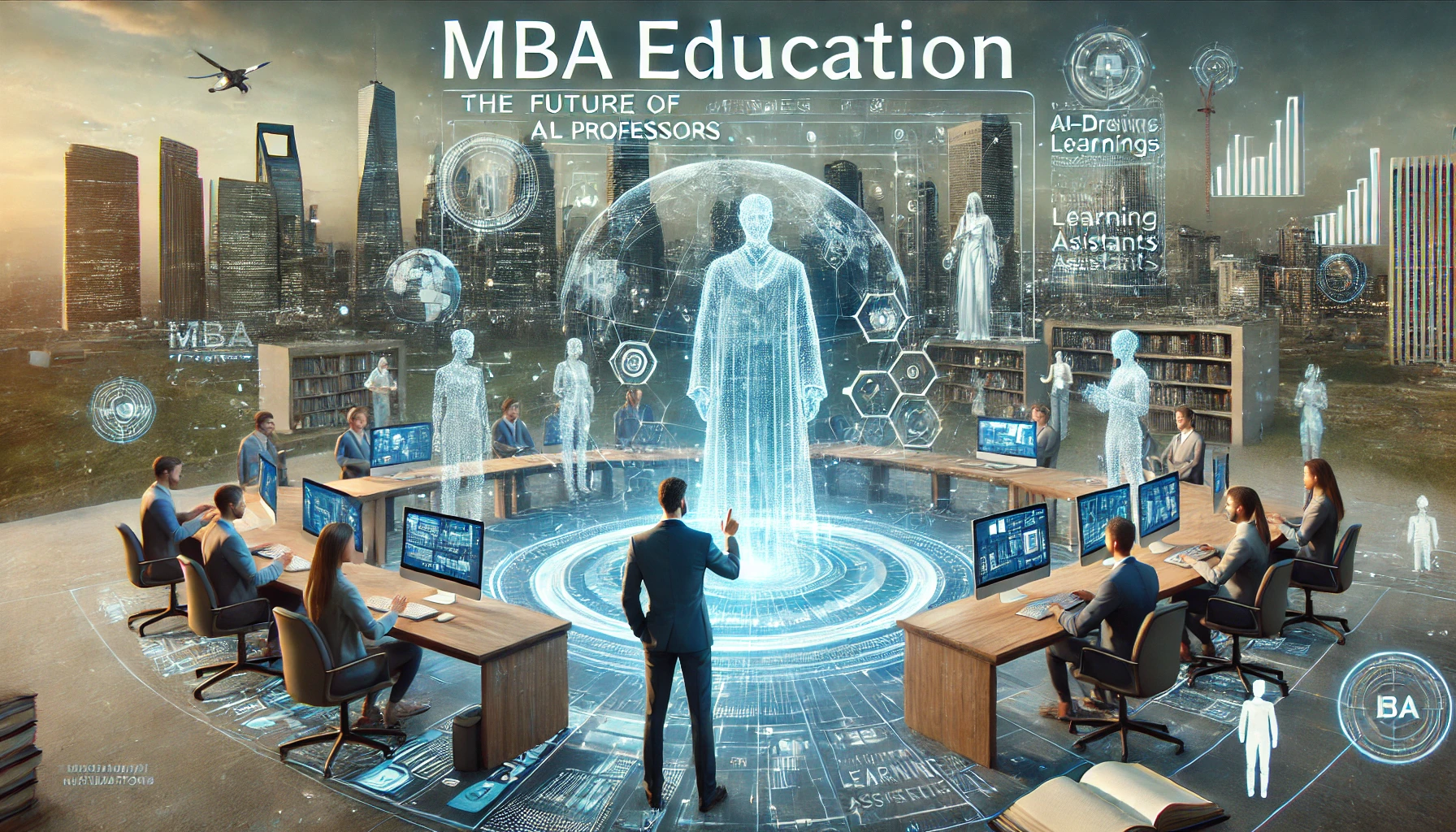Address
Fun Rush, [Erode], India
Work Hours
Monday to Friday: 7AM - 7PM


The landscape of MBA education is evolving rapidly. As industries undergo digital transformations and business paradigms shift, MBA programs must adapt to stay relevant. Emerging trends are reshaping how students approach their MBA journey, from curriculum updates to technological integrations. This blog explores the future of MBA education and highlights key trends that will define the next generation of business leaders.
One of the most prominent changes in MBA education is the increasing adoption of digital and hybrid learning models. MBA colleges worldwide are offering flexible programs that combine online and offline learning, catering to a broader audience. This trend enables professionals to pursue an MBA in Finance, MBA in Marketing, or MBA in Business Analytics without pausing their careers.
The traditional one-size-fits-all MBA is evolving into specialized MBA programs tailored to industry-specific needs. Today, students can choose from various focused tracks such as:
AI-driven tools are enhancing the MBA learning experience. From AI tutors to real-time data analytics projects, technology is playing a significant role in MBA colleges. Business schools are incorporating artificial intelligence, machine learning, and blockchain technology into their curriculum, preparing students for the future of work.
To bridge the gap between theory and practice, MBA programs are emphasizing experiential learning. This includes:
These opportunities allow MBA students to apply their theoretical knowledge in practical scenarios, making them job-ready from day one.
With growing concerns about corporate social responsibility (CSR) and sustainability, MBA colleges are incorporating courses on ethical leadership, environmental impact, and sustainable business strategies. Programs focusing on responsible finance, green marketing, and sustainable operations management are becoming essential in MBA curriculums.
The future of MBA education is dynamic and technology-driven, with a strong emphasis on specialized knowledge, experiential learning, and ethical business practices. Whether pursuing an MBA in Finance, MBA in Marketing, MBA in Business Analytics, MBA in Human Resources, or MBA in Operations Management, students must adapt to these emerging trends to remain competitive. As MBA colleges continue to innovate, the next generation of business leaders will be well-equipped to navigate the evolving corporate landscape.